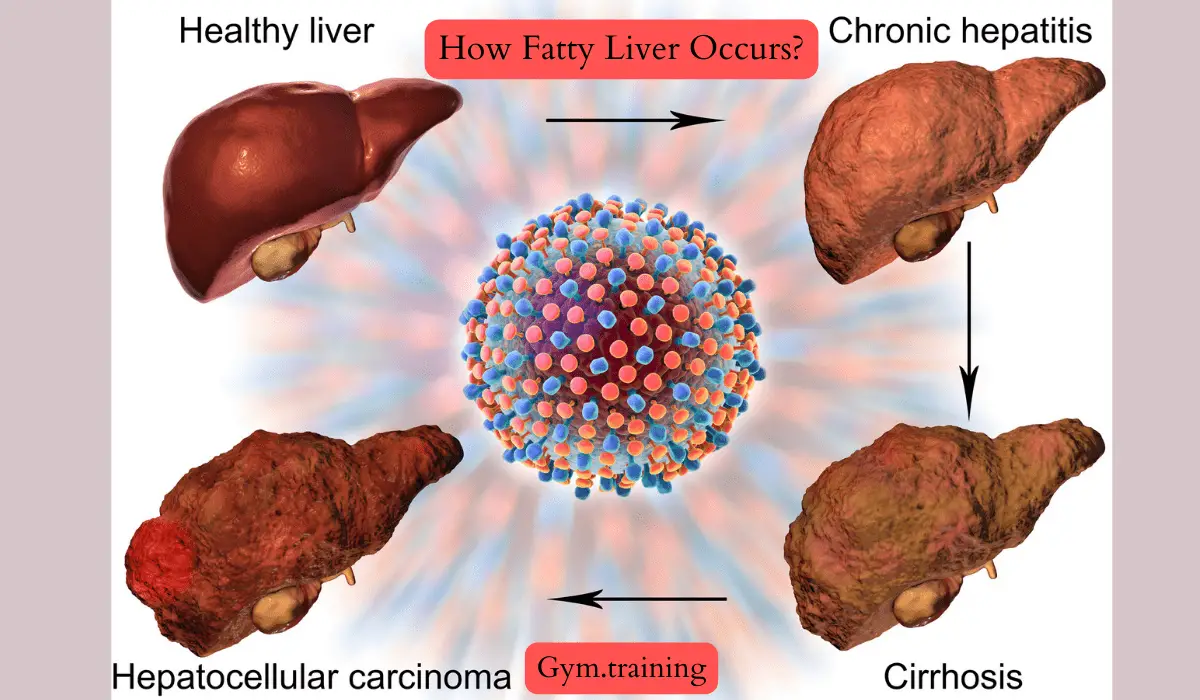In the quest for a healthier lifestyle, many individuals are constantly on the lookout for innovative diets to improve their overall well-being. One such dietary trend that has been gaining attention is the Fasting Mimicking Diet (FMD). To shed light on this intriguing diet, Republic Digital recently sat down with Dr. Reddy Jyothsna, HOD and chief Clinical Nutritionist at Sakra World Hospital. Dr. Reddy shared her insights into the Fasting Mimicking Diet, its benefits, and considerations for those interested in adopting this dietary approach.
2 things you need to know
- Fasting Mimicking Diet mimics fasting with controlled eating.
- FMD’s potential benefits include weight management and improved metabolism.
Understand the Fasting Mimicking Diet
Dr. Reddy explained, “The Fasting Mimicking Diet (FMD) is a bit like fasting, but you still eat a little for a few days (usually 3-5). It’s not the same as regular fasting because you have special meals that make you less hungry and keep your muscles strong. In a nutshell, on this diet, you have small meals throughout the day with a good balance of proteins, fats, and carbs.”
(The Fasting Mimicking Diet is a modified kind of fasting | Image: Shutterstock)
The physiology behind FMD
The doctor elaborated, “The Fasting Mimicking Diet (FMD) works by reducing calories for a few days while providing essential nutrients. These mimic fasting, reducing inflammation, aiding weight loss, and improving energy use. FMD aims to maintain muscle strength and promote health.”
Pros and Cons of FMD
Pros of Fasting Mimicking Diet (FMD):
It helps in weight management.
Enhances metabolism by regulating sugar and glucose (managing diabetes, blood pressure, and cholesterol).
Follows a low-calorie eating routine instead of going completely without food.
FMD usually only lasts for 3-5 days, so it doesn’t require a long-term commitment.
Cons of Fasting Mimicking Diet (FMD):
Some people may experience temporary dizziness, headaches, fatigue, hunger, sugar cravings, and weakness while on the diet.
Relying on pricey pre-packaged meals, limiting food choices, and dependency.
The diet doesn’t account for individual needs.
Pre-packaged foods often have high sodium levels, which can be problematic.
Who should be cautious?
She advised, “Pregnant, nursing women, those with eating disorders, certain medical conditions, kids, teens, and the elderly should use caution or avoid FMD. Medication users need to consult a healthcare provider, and those with allergies or GI issues must take precautions. Always consult a healthcare pro before trying FMD to ensure it suits your health.”
A Typical FMD Plan
Dr Reddy outlined, “Calorie restriction to around 1000 calories per day. Stick to a 100% plant-based meal plan; no animal proteins or dairy allowed. Eat only whole foods like veggies, whole grains, nuts, and beans. No sugar, including fruits high in fructose. Prioritise micronutrients over macronutrients, aiming for a diverse, nutrient-dense, and low-calorie diet. Staying hydrated is needed. It’s essential to seek guidance from a clinical nutritionist for personalised dietary plans. Lastly, keep in mind that these plans are designed to help you reach short-term goals.”
Ongoing research and future insight
The doctor concluded, “Previous studies on the Fasting Mimicking Diet (FMD) have shown encouraging results, especially in animals. While it’s promoted for weight loss and possibly slowing down ageing in humans, more research is needed to understand its effects on specific diseases.”
As with any dietary regimen, it’s crucial for individuals to consult with healthcare professionals before embarking on the Fasting Mimicking Diet to ensure it aligns with their health goals and needs. The Fasting Mimicking Diet may hold promise, but personalised guidance and consideration of individual circumstances are key to its successful adoption.






































